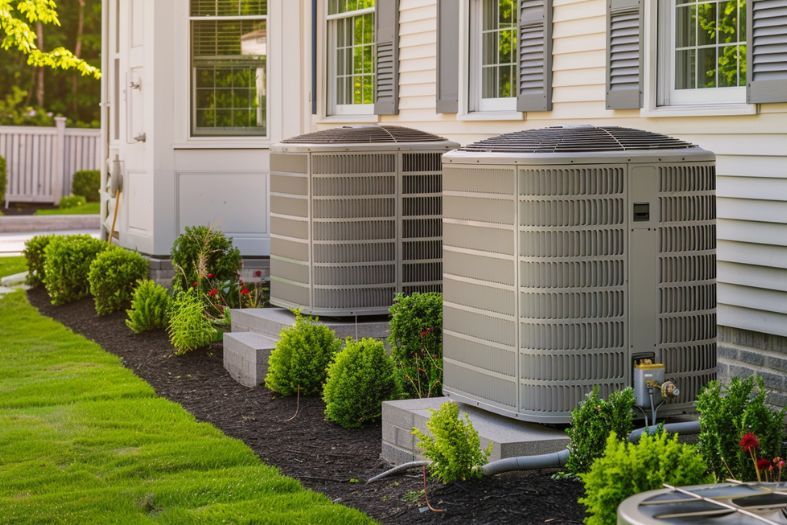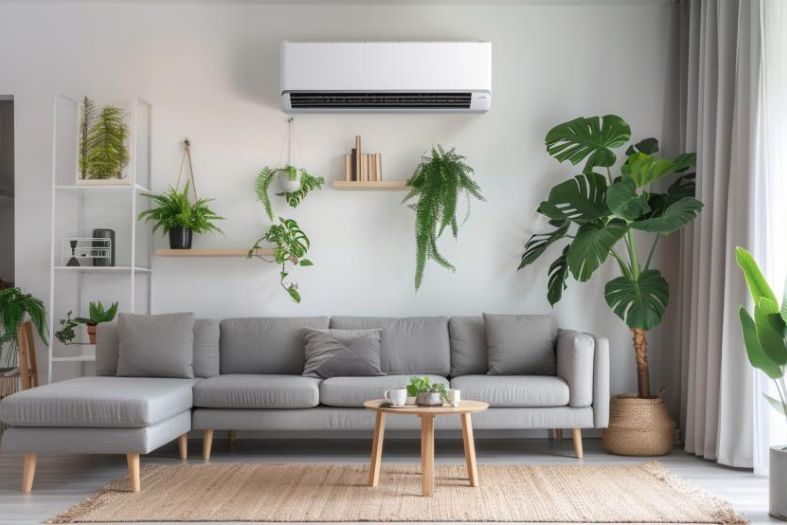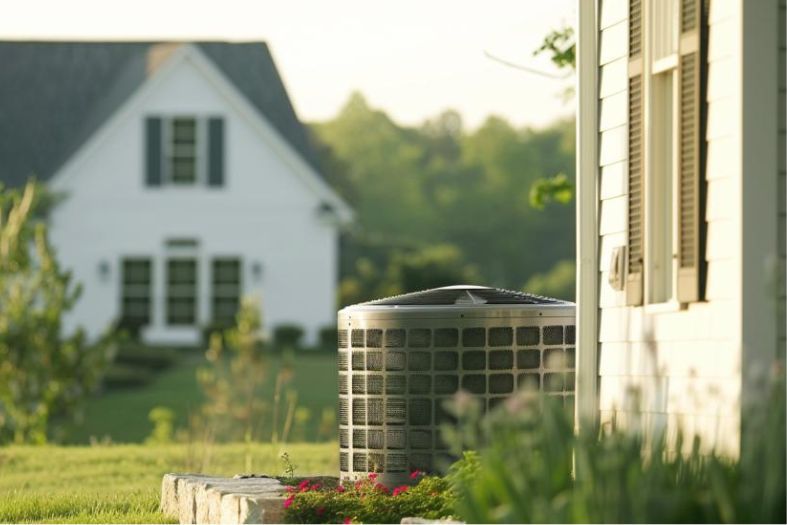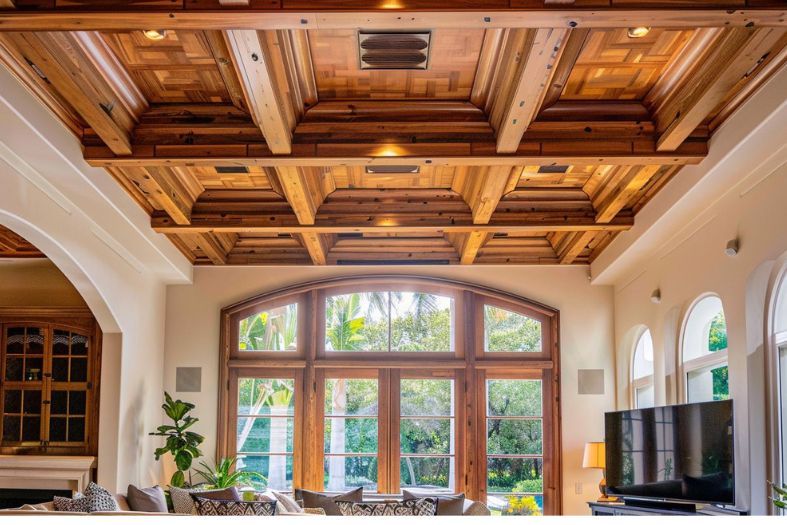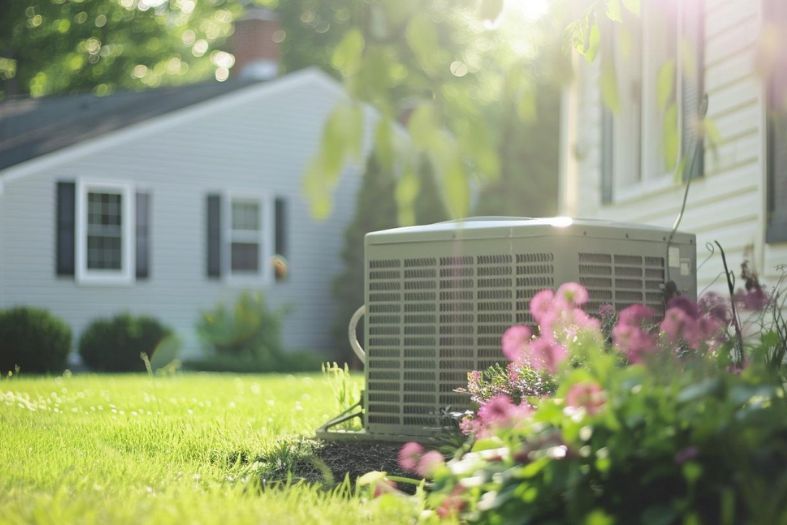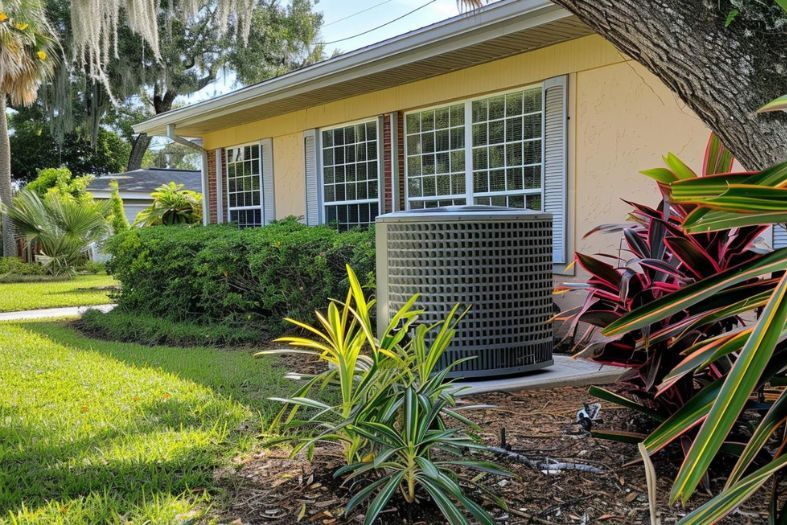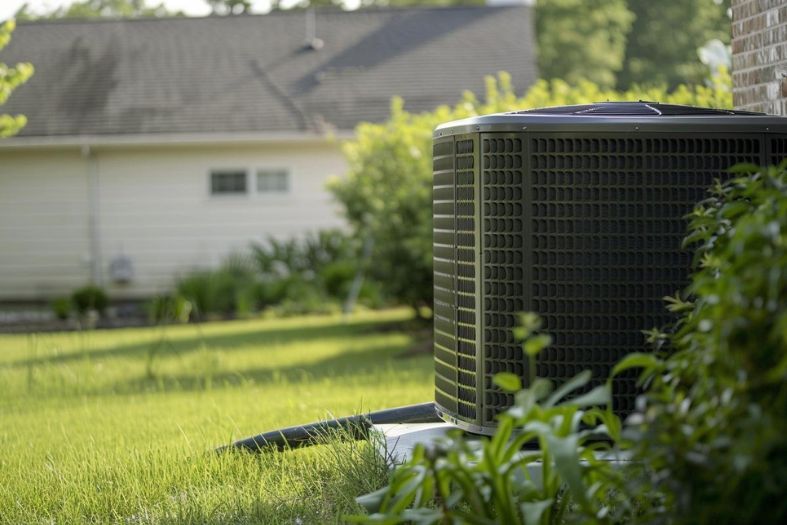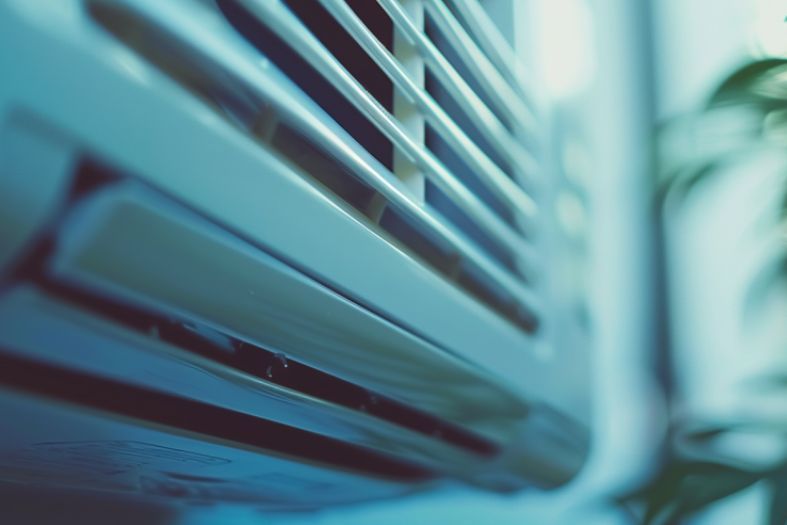Top Benefits of Installing a Home Dehumidifier
TL;DR: Georgia’s humid summers can make indoor living uncomfortable, but a home dehumidifier can help. By reducing moisture levels, dehumidifiers improve air quality, prevent mold growth, eliminate musty odors, and protect belongings. They also make breathing easier for those with respiratory issues. Professional installation ensures optimal performance and long-term benefits, enhancing overall home comfort and safety. For expert dehumidifier services in Flowery Branch, GA, contact Gee Heating and Air today.
Summer is in full swing, and Georgians are trying to deal with the heat and the humidity. While you can retreat indoors to hide from the sweltering heat, escaping the relentless humidity is much more challenging. In Georgia, where the humidity index reaches 71.1%, the excess moisture in the air can follow you inside.
But how do you get rid of this indoor humidity? Our best recommendation is to install a home dehumidifier. It allows you to regulate moisture levels and significantly improve indoor air quality. Dehumidifiers make breathing easier and allow you to enjoy your home away from the suffocating humidity.
Let’s explore the top benefits of installing a home dehumidifier, from increasing your comfort to protecting your home and health. Whether you’re dealing with Georgia’s sticky summers or want to improve your home’s air quality, a dehumidifier can be a valuable addition to your household.
What Do Dehumidifiers Do
Dehumidifiers remove the extra moisture from the air, making it much easier to breathe and improving air quality. They draw humid air through a fan and guide it over cooled coils, condensing the moisture into droplets. This water collects in a reservoir or exits through a drain hose, while the now dry air gets warmed slightly and released back into the room.
According to EPA guidelines, maintaining indoor humidity levels between 30% and 50% is crucial for several reasons. High humidity not only accelerates the growth of mold and the spread of dust mites but also exacerbates lung and airway problems, leading to various health issues. Moreover, it can cause damage to walls, furniture, and electronics that absorb moisture and degrade over time.
If you control the humidity in your home, you will get a more comfortable and safer living environment.
The Main Benefits of Having a Dehumidifier
Not many people realize they can permanently install a dehumidifier in their home. This installation continuously removes excess moisture from the air, providing you with high-quality indoor air year-round. That’s just one of the many benefits of installing a dehumidifier.
Prevent The Spread Of Mold
Mold thrives in moist environments. When humidity levels remain high, mold spores can grow and multiply very quickly. This often happens in basements, bathrooms, and other areas where moisture accumulates. Mold will weaken the structure of your home and pose serious health risks for the occupants. Exposure to mold over long periods can cause asthma and bronchitis and trigger allergies.
Installing a dehumidifier helps reduce indoor moisture levels, preventing the growth and spread of mold. Keeping the humidity in check creates an environment that discourages mold growth. It’s an ideal solution for people with chronic respiratory difficulties or allergies, as it minimizes exposure to harmful mold spores.
Eliminates Musty Smells
Excess moisture in your home often leads to a musty odor, making your living environment uncomfortable. These odors typically originate from damp areas like basements, bathrooms, or kitchens where moisture accumulates. Dehumidifiers tackle this issue effectively by reducing air moisture.
Dehumidifiers minimize the sources of these unpleasant smells, leading to a fresher, more inviting home ambiance. Your living spaces will feel more pleasant, and your home will be healthier.
Additionally, reducing excess moisture helps prevent other issues, such as mildew, which can also contribute to unwanted smells. By maintaining optimal humidity levels, dehumidifiers ensure that your home remains a comfortable and welcoming place for you and your guests.
Make Indoor Air Easier to Breathe
When the air contains too much moisture, it becomes a breeding ground for microscopic critters and allergens that can aggravate respiratory conditions. Dehumidifiers maintain an optimal breathing environment by reducing these allergens. For asthmatics and those with allergies, it can make breathing easier.
If the humidity levels in your home are low, asthma attacks and allergic reactions will be less common or severe. A dehumidifier minimizes the presence of most common allergens by keeping indoor air drier. Additionally, reducing humidity can help alleviate symptoms such as coughing, wheezing, and nasal congestion, making day-to-day life more manageable for those with respiratory issues.
Protects Belongings From Moisture
Excess humidity can also damage your belongings. Furniture, electronics, and various household items can suffer damage when exposed to high moisture levels over extended periods. Wooden furniture, for example, can warp or rot, compromising its structural integrity and appearance.
Electronics are particularly prone to moisture damage, which can cause them to break down or even rust. Books, photographs, and important documents can also suffer from dampness, resulting in mold growth and deterioration. Dehumidifiers help preserve the integrity of your personal belongings by maintaining an optimal indoor humidity level.
Items like musical instruments, which require specific humidity conditions to remain in good working order, benefit significantly from a controlled environment. Clothes stored in damp areas can develop mold and unpleasant odors, but a dehumidifier can help keep your wardrobe fresh and dry.
Reduces Indoor Condensation
Condensation commonly occurs on windows and walls and can cause significant water damage. Dehumidifiers help reduce indoor condensation by removing moisture from the air before it can settle on your belongings. They also remove the excess humidity in your home, making condensation less likely to occur.
By reducing condensation, you also prevent water damage, which can be a significant concern in maintaining the integrity of your home. Additionally, improved insulation is another benefit. When condensation forms on your windows, it can disrupt the insulating properties of the glass, leading to higher energy costs.
Benefits Of Professional Dehumidifier Installation
Correct dehumidifier installation is critical for optimal performance, and professional services offer several advantages. Firstly, professionals ensure the unit is appropriately sized for your space. An undersized or oversized dehumidifier won’t operate efficiently, either struggling to remove enough moisture or cycling on and off too frequently.
Another critical aspect of dehumidifier installation is proper placement. Here, professionals shine, knowing the best locations to install the unit for maximum airflow and moisture control. Their expertise helps avoid common pitfalls like placing the unit too close to walls or furniture that could obstruct airflow.
Professionals can quickly fix any potential issues that might arise during your dehumidifier installation. For example, they can check for proper drainage setup, preventing water from pooling around the unit, which could lead to mold growth or damage. They also check if the electrical wiring and connections are safe and compliant with local codes, reducing the risk of electrical hazards.
Choosing a professional dehumidifier installation is an investment with long-term benefits. It ensures consistent humidity control and permanently improves air quality, making your home a healthy and safe place. With professional installation, you can be confident that your dehumidifier will run efficiently and effectively, saving you from potential problems and maintenance issues.
Professional Dehumidifier Installation Services in Flowery Branch, GA
Excess moisture in your home can harm your health and damage your belongings. It can ruin floors, walls, and furniture, all the while making your breathing more difficult. A dehumidifier tackles this issue by removing the moisture from its source, leading to better indoor air quality.
If you’re ready to reduce humidity in your home, Gee Heating and Air offers expert services for a professional and seamless dehumidifier installation. Our experienced technicians carefully assess your home’s humidity levels and customize the perfect solution for your space. Choose us for reliable and efficient dehumidifier installation that integrates seamlessly with your HVAC system. Contact us today to schedule your installation!

